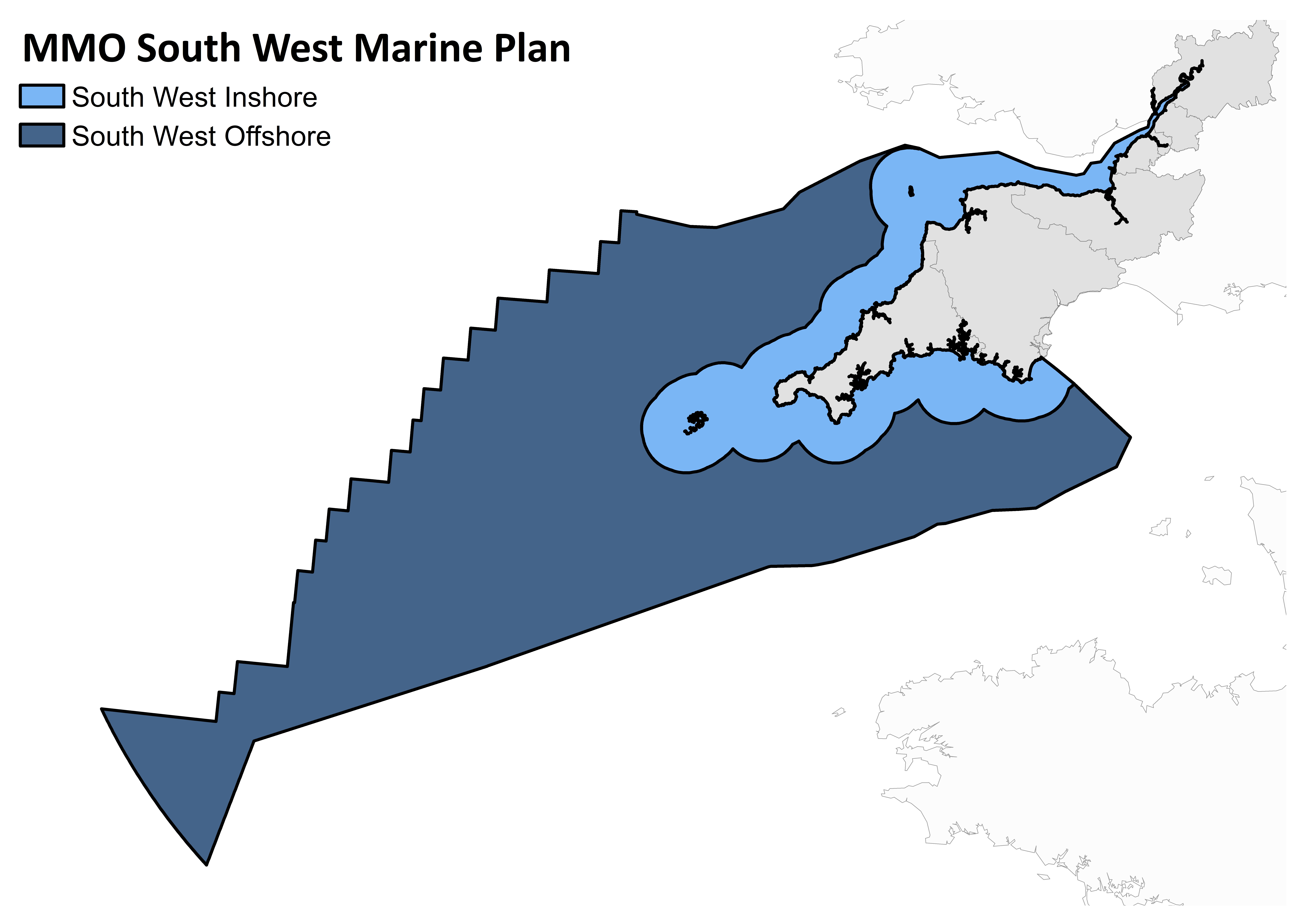Frequently Asked Questions
What is the Ocean Health Index project?
The Ocean Health Index is a way to combine social, economic, and environmental data to measure progress towards a suite of benefits people expect healthy oceans to provide – including seafood, protection from storms, and employment. Every year since 2012, the OHI Global team has tracked change in ocean health for 220 coastal nations and territories. The Global team is also helping build a growing network of independent groups around the world to use the OHI to understand their own oceans.
Learn more and explore ongoing assessments at ohi-science.org. Additionally, read publications about best practices for assessing ocean health and how OHI assessments are transparent and repeatable. A full list of publications is available here.
What does each goal score mean?
The Ocean Health Index measures the ability of oceans to sustainably provide benefits (called “goals” by the OHI) that are important to humans and biodiversity. The Ocean Health Index+ for South West England will assess eight goals described here. Scores for each goal represent the present status for each goal measured against a set reference point (50% of the score) and the likely future status of the goal (50% of the score). Likely future status is assessed based on the status trend (status score over the last 5 years), resilience actions (policies, initiatives, habitat protection, enforcement, local stewardship, etc), and cumulative pressures (human impacts to ocean habitats, pollution, social pressures, economic indicators, etc).
How are each goal’s reference points set?
Goals are developed with the best information available, often with the help of stakeholders and experts. Reference points are specific to each goal and can be temporal, spatial, established targets (management targets, policies or mandates, or established goal), or production function or established model (example: maximum sustainable yield equation). Goal reference points are set use SMART principles that are Specific, Measurable, Ambitious, Realistic, and Time-bound.
Will the data layers be available?
Yes. All data layers will be available on this website when they are finalized. OHI assessments depend on data that are freely available and updated regularly so assessments can be repeated to track changes in ocean health.
The South West Marine Plan
In English waters Marine Spatial Planning (MSP) is currently being implemented by the Marine Management Organisation (MMO) through a set of regional Marine Plans. The South West Marine Plan (SWMP) offers a regional approach for MSP in maritime areas such as the Western Approaches, English Channel and Celtic Sea.
The imminent implementation of the SWMP will provide a useful case study to test iterative developments of the OHI+ framework against. Through a variety of policy mapping and stakeholder validation exercises, the OHI+ for South West England can be compared to the SWMP’s management objectives, thus ensuring the OHI+ contains local indicators that are both informative and relevant. The spatial extent of the OHI+ assessment will therefore match the extents of the UK Government’s South West Marine Plan area.
The SWMP provides a useful management case study as it is considered a holistic approach; essential to ensure improved delivery of food security, employment and ecosystem services. The SWMP will require regular, preferably independent, assessment to support the plan in delivery of its stated benefits. Furthermore, a baseline understanding of ecosystem health is required from which to evaluate change and measure the relative success of marine policies over time.
This project will apply the OHI methodology to the South West Marine Plan area with the primary goal of assisting marine spatial planning in the delivery of healthy regional ecosystems that support biodiversity and livelihoods. We hope that by assessing the OHI+ against these objectives, it will demonstrate the potential value of OHI+ to other regional marine management initiatives.

Project Dissemination
Stakeholder validation is key to successful delivery of the OHI+ assessment for South West England. It ensures project outputs reflect the priorities’ of coastal communities and stakeholder groups. To ensure stakeholder validation was achieved throughout the project life-cycle, methods and results have, and will continue to be, shared via local, regional and national conferences, webinars and workshops. Details of these, including links to presentations given, can be found here.